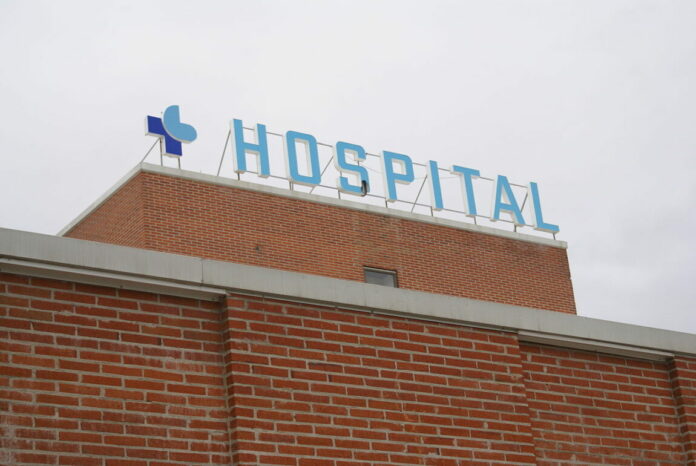September is known as PCOS Awareness Month. PCOS stands for Polycystic Ovary Syndrome. It is a condition that affects menstruators of a reproductive age. The month aims to help improve the lives of those affected by PCOS and to help them to overcome their symptoms. It is also to prevent and reduce their risks through awareness.
It is one of the most common hormone conditions that affects women of a reproductive age. PCOS affects around 15% of women and is a leading cause of infertility in women. In South Africa, it affects 1 in 5 women, and may cause up to 40% of female infertility cases. People who have PCOS are more prone to other diseases such as diabetes. They are at higher risk of getting cancer and getting affected by mental ill-health. It can affect women of any age as long as they are of reproductive age. Pre-teen and teens can also develop PCOS.
There are three main hormones that impact a menstrual cycle. This is estrogen, progesterone and androgens. These hormones regulate menstruators’ menstrual cycle.
Androgen are a group of sex hormones. The hormone helps start puberty and plays a role in reproductive health and body development. People who suffer from PCOS sometimes have a higher than normal level of androgen. This affects their menstrual cycle.
As a result, with PCOS, cysts develop along the outer edge of the ovary. The small fluid-filled cysts contain immature eggs. These are called follicles. The follicles fail to regularly release eggs. While the exact cause of PCOS is not known, many factors might play a role including the excessive production of androgen. It can be hereditary in some cases.
The minister of menstruation, Candice Chirwa has put together a quick and easy-to-understand reel about PCOS.
One of the main issues and the reason for the awareness month is because PCOS is largely unknown to many people. PCOS affects millions of women and has serious health consequences. However, despite that, there remains a large number of women living with PCOS who are undiagnosed.
The website, endocrineweb has put together a useful quiz around symptoms of PCOS. (Important to note: If you are experiencing several of the symptoms of PCOS outlined in the quiz, it is encouraged to schedule an appointment with an endocrinologist)
The month is meant to increase awareness of, and education about, PCOS among the general public, women, girls, and healthcare professionals. It is also about improving diagnosis and treatment. Other aims of the month is to improve the quality of life and outcomes for those suffering from the disorder. It’s about acknowledging the struggles affecting all women and girls afflicted with PCOS.
There are some common symptoms and signs of PCOS. These include: irregular periods, excess facial and body hair and severe acne. One of the biggest signs and symptoms are small cysts in the ovaries. Other signs include anxiety and depression, weight gain, infertility and insulin resistance.
There are many treatments available for people affected with PCOS depending on their symptoms and how they are affected. However, the most important remains that if people suspect have PCOS, they should seek medical attention.









